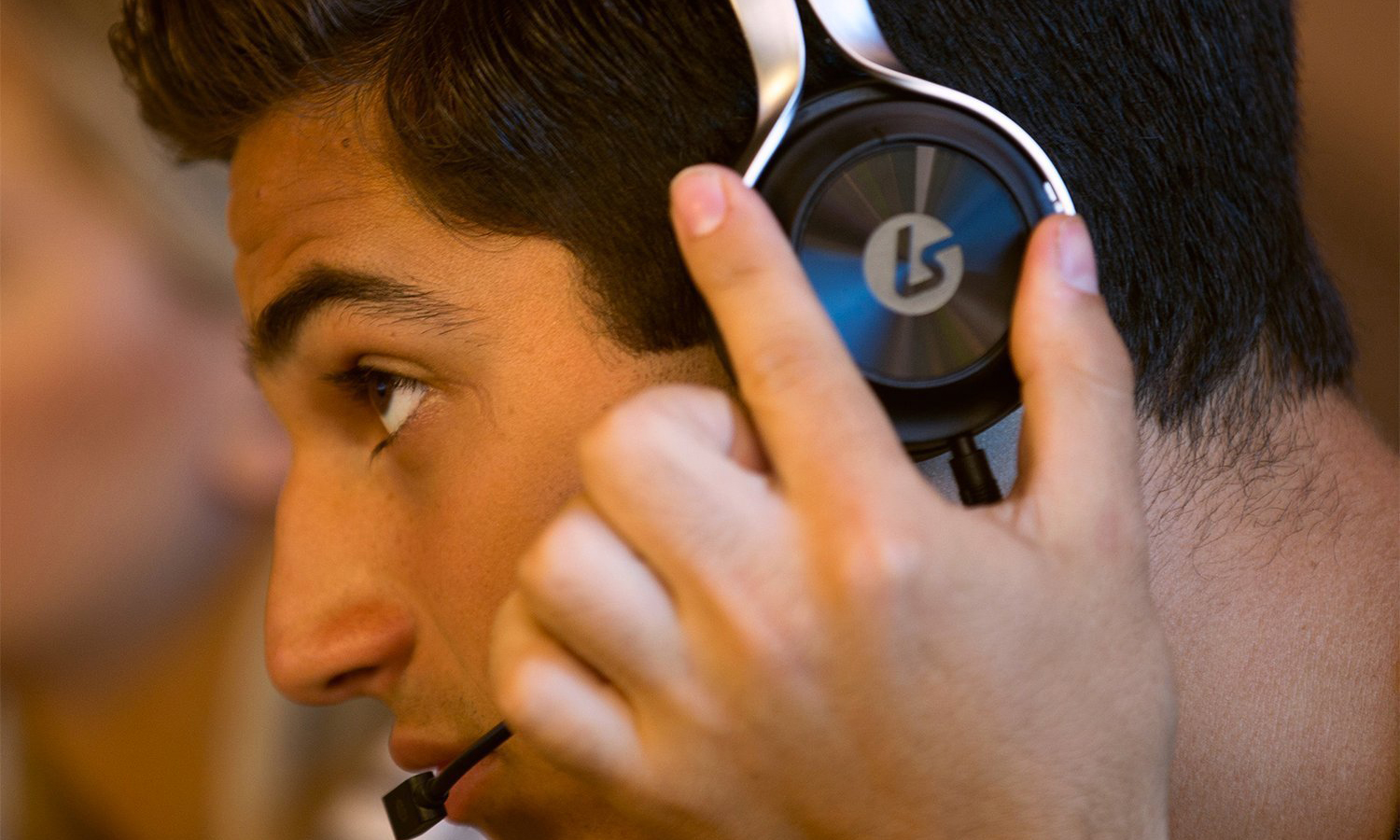Tom's Guide Verdict
The LucidSound LS20 sounds fantastic and looks gorgeous, even if it feels a bit tight around the ears and requires a charge.
Pros
- +
Beautiful appearance
- +
Fantastic sound
- +
Equally good with PC, PS4, Xbox One
- +
Decent boom mic
Cons
- -
Tight fit
- -
No auto-shutdown
- -
Useless inline mic
Why you can trust Tom's Guide
What can I say about the LucidSound LS20 ($100) other than that it lives up to its name? Not only is the sound crystal clear, but buying the peripheral is unquestionably a lucid decision. The LS20 is a gorgeous device that produces much better sound than most of its competitors, and has just enough convenient extra features to set it apart from the rest of the pack. It's a bit tight, and having to keep it charged is a pain, but as both a gaming headset and an everyday pair of headphones, the LS20 is one of the best peripherals in its price range.
Design
LucidSound prides itself on producing full-fledged gaming headsets that forgo the garish appearance of "gamer" gear. You've seen these before: the enormous, angular, sometimes oddly colored contraptions that look more futuristic than functional. The LS20, by contrast, is simply a pair of black or white on-ear headphones with small, comfortable ear cups and an elegant silver headband. Not only will the LS20 fit in your everyday bag just fine, but it also wouldn't elicit a second glance on the subway.
There are only two visible buttons on the LS20: power on the left ear cup, and "bass boost" on the right side. (It's exactly what it sounds like.) However, each ear cup also doubles as a button, and the left one features a volume wheel. With these buttons, you can mute audio, turn the mic on and off, accept phone calls and adjust the volume. Everything works exactly as it's supposed to, and they're so unobtrusive, you'd never notice them unless you were looking for them.
The LS20 is one of the best-sounding and most beautiful headsets I've ever reviewed, but I could only stand to wear it for about an hour at a time.
The device also features two microphones: a detachable, bendable boom mic as well as an integrated one on the left ear cup. While this approach has some problems (see the Features section), the only notable design flaw is that the included 3.5-mm audio cord is fairly short. It will work fine for a PlayStation 4 or an Xbox One controller, or a mobile device, but you'll have to buy either an extension cord or another cable altogether if you need to wrap it around the back of a gaming PC.
MORE: Best Gaming Headsets
Comfort
The LS20 is one of the best-sounding and most beautiful headsets I've ever reviewed, but I could only stand to wear it for about an hour at a time. Although the ear cups and headband both sport a fair amount of padding, the on-ear cups press down pretty tightly, especially for folks with glasses. My usual pair of headphones is an on-ear model as well, and they do tend to be a bit tighter than over-the-ear models as a rule, but the LS20 goes too far in the snug direction.
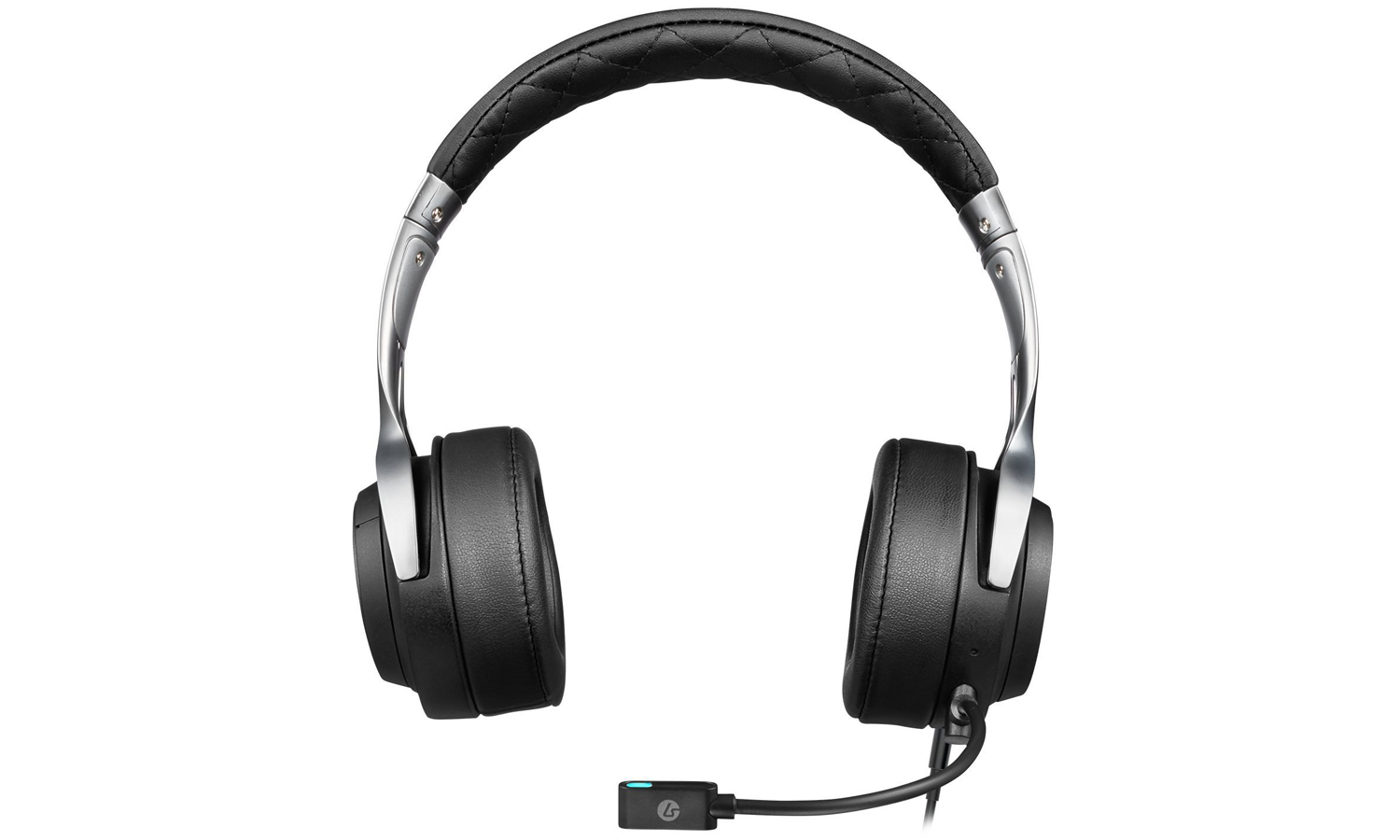
One of my co-workers had a chance to test them before I did, and his sentiments were similar. Although he doesn't wear many on-ear headphones, he also found them difficult to wear for long periods. Over time, your ears and the ear cups will probably adjust to each other, but be warned that you're in for a few achy months if you have big ears or spectacles.
Gaming Performance
Since the LS20 advertises itself as a headset equally suitable for the PS4, Xbox One and the PC, I gave it a fair shot with all three systems. Playing through Dishonored 2 (PS4), The Elder Scrolls V: Skyrim: Special Edition (Xbox One) and The Witcher 3 (PC), I got a good idea of what the headset sounds like on its three specialized equalization settings.
In Dishonored 2, I could hear the furtive footsteps of nearby foes as I sneaked up behind them.
Here's how it works: You hold down the power button to change the equalization between red (PC), purple (Xbox One) and blue (PS4) illumination. You can also use the bass boost on the right ear cup for games that deliver a weighty response on explosions or other heavy sounds. The LS20 then automatically optimizes its sound settings for each system, including regulating the side-tone on the mic, so that you don't accidentally shout.
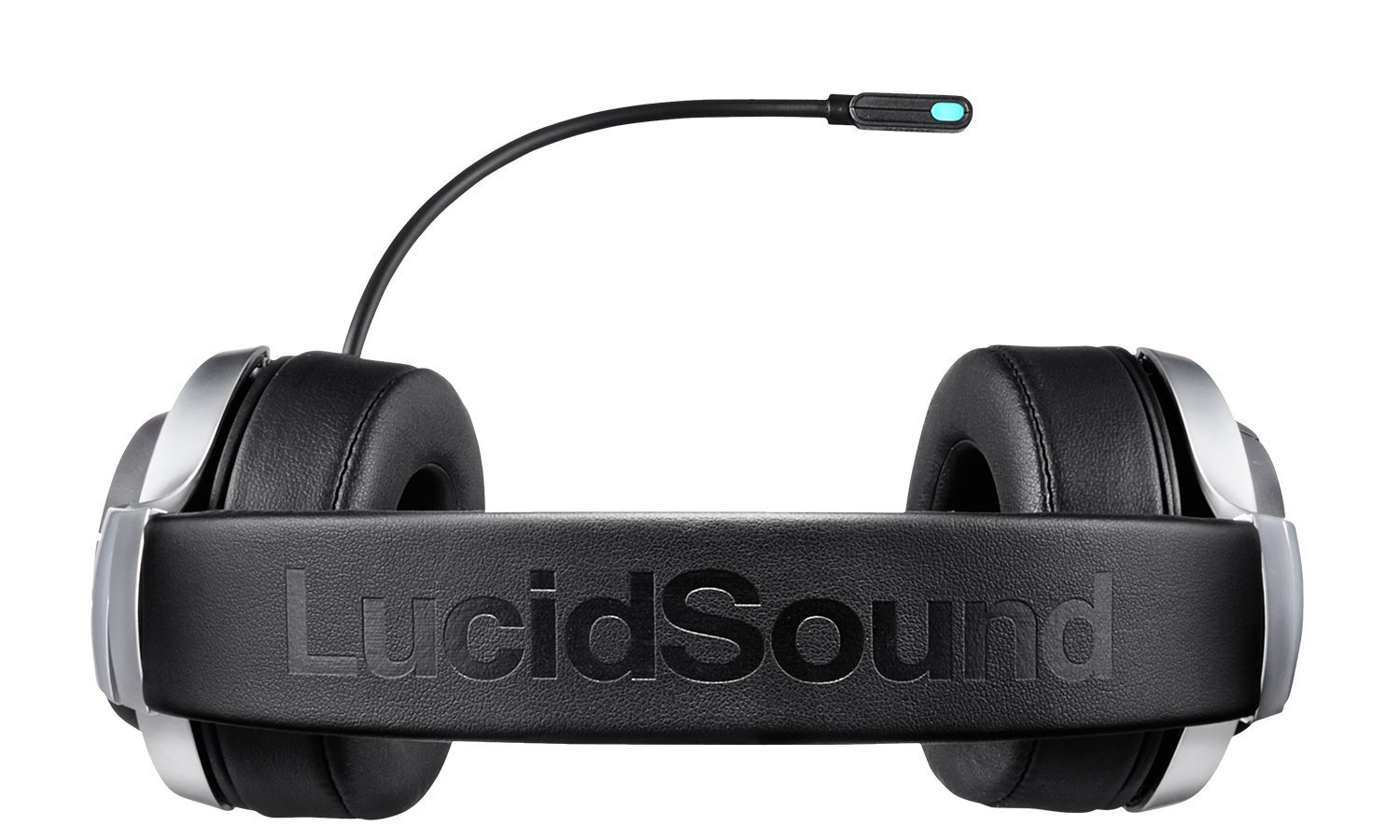
I was extremely impressed with the sound quality across the board. Not only did the headset balance voice work, music and sound effects perfectly, but gave each one a richness I'd normally associate with much more expensive peripherals. In Dishonored 2, I could hear the furtive footsteps of nearby foes as I sneaked up behind them. Geralt of Rivia in The Witcher 3 held fascinating conversations with his allies, but also weathered the fearsome war cries of monsters and the smack of sword on flesh.
What really impressed me, though, was the way the headset worked with Skyrim. Early on in the game, a dragon attacks a fortress-town, the crackle of flames and falling debris sounded terrifyingly real. Not only was the sound directional; it was properly weighted for distance as well. If I could have worn the LS20 for hours on end, I would have loved to experience a full role-playing game with it.
Music Performance
Since the LS20 is both portable and attractive, I figured it would be fair game to try it as a headset for music. I was not disappointed. With the PC equalization options on, the headset produced beautiful sound for music as diverse as Bach's Violin Concertos, The Rolling Stones, Flogging Molly and Old Crow Medicine Show. Whatever the genre, the treble was full and forward, while the bass was rich and audible. Vocals were clear, while background instruments were still easy to pick out. With the bass boost turned on, the drums in each piece sounded especially strong.
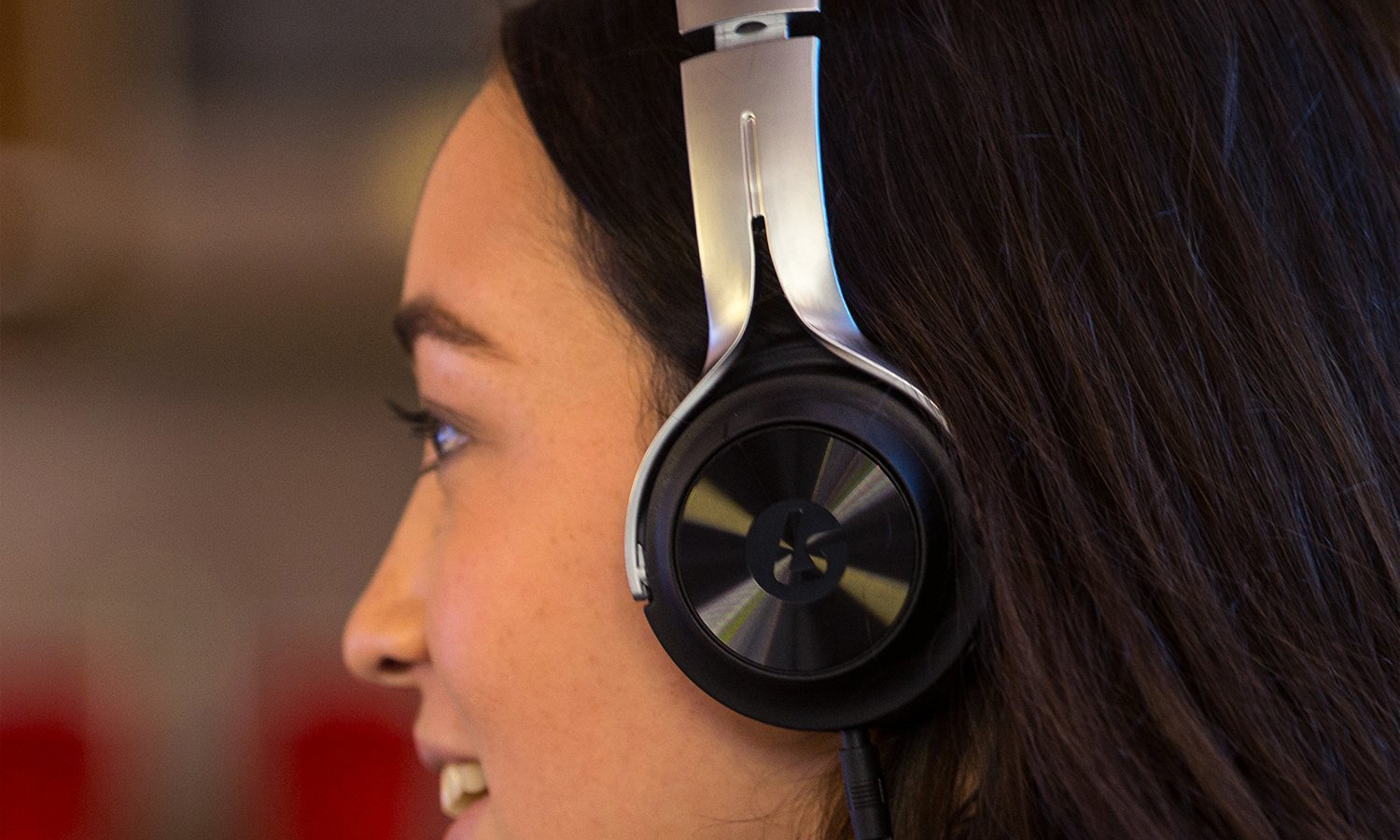
I also tried the headphones in "passive mode," to which the peripheral defaults if left uncharged. The sound was not nearly as rich, but still clear and not too quiet. The passive mode also worked pretty well for watching movies, although I would recommend that users keep the device charged and use the equalization options whenever possible.
MORE: Best Headphones and Earbuds for Enjoying Music
Features
As the LS20 connects via a 3.5 mm jack, there's no software to worry about, just the equalization options and bass boost, as described above. All of the options work extremely well, as do the volume control, play/pause and phone call functionalities. There is, however, one big caveat: For all of this to work, you have to charge the headset.

It's almost unheard of to charge a wired headset, but unless you keep the LS20 juiced up, all you can do is listen in the admittedly-pretty-OK passive mode. Normally, I would think it absurd for a wired headset to require a charge, but the fantastic sound quality ultimately won me over. Besides, a charge will last for about 20 hours, and since it can still play sound without a charge, running out of battery midway through a trip would not be catastrophic. (Just remember to actually turn the headphones off when you're done. There is no auto-shutdown option.)
Otherwise, the LS20 has two microphones. The boom mic is perfectly serviceable for multiplayer matches, Skype and so forth. It distorted my voice a little, and was a bit on the quiet side, but testing it with Windows Sound Recorder, I was generally pleased that it captured what I said accurately and without undue background interference.
The built-in mic, on the other hand, was an absolute mess. LucidSound believes, I think, that users will fall back on the built-in mic just to make mobile phone calls, but even by those standards, it's not a good microphone. It picks up a ton of background noise, and since it's nowhere near a user's mouth, it barely picks up what you're trying to say. If you're away from home without the boom mic, you're probably better off just holding your phone up to your mouth when you need to speak.
Bottom Line
In spite of a tight fit and a few shortcomings with the extra features, the LS20 is a beautiful headset that produces beautiful sound. For $50 more, you could get the similar LucidSound LS30, which features over-the-ear cups and wireless capabilities, but the LS20 is the way to go if you want to keep things simple.
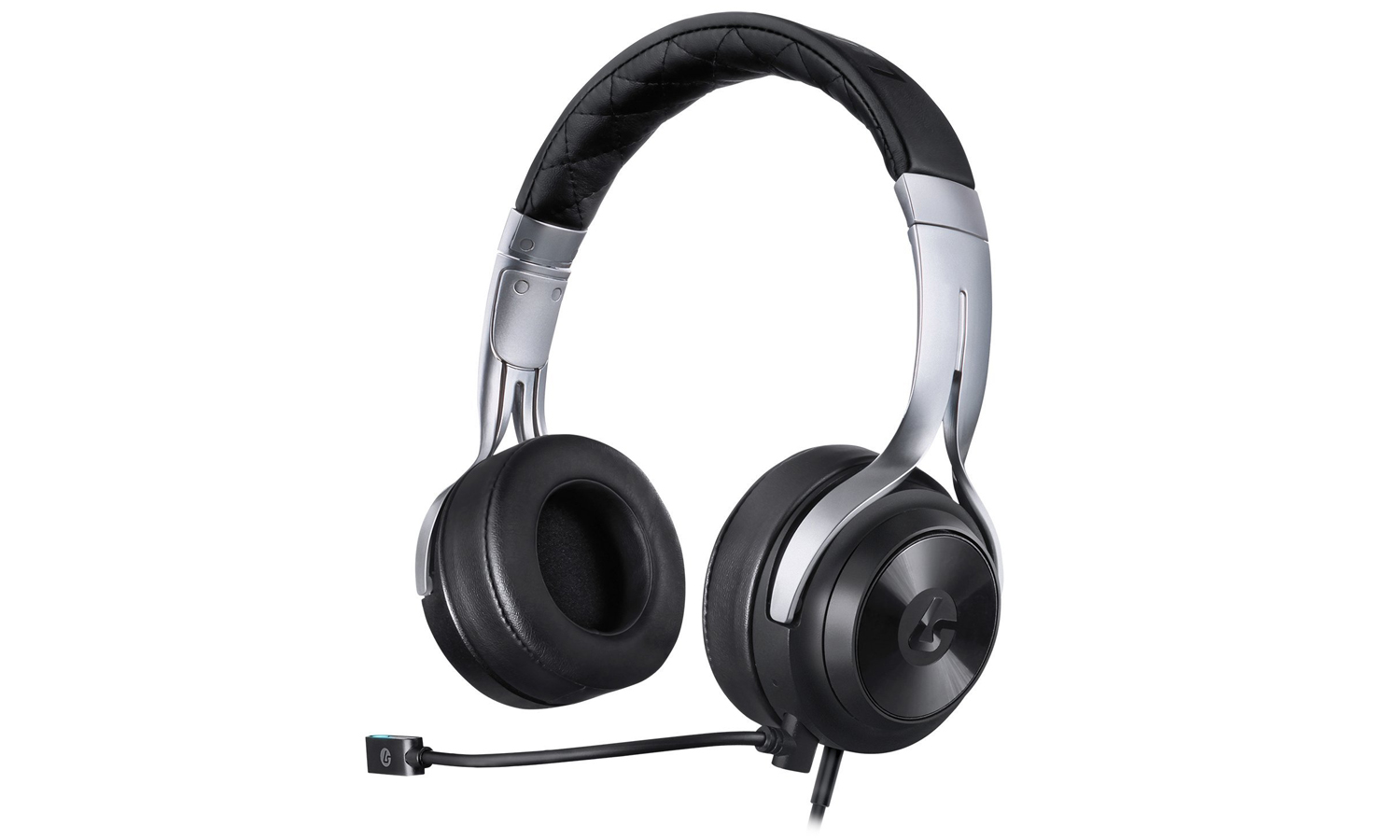
At $100, the LS20 makes a strong case against competitors like the SteelSeries Arctis 5 ($100) or the Sennheiser GSP 300 ($100), as it looks and sounds much better than both. Whether you're looking for a gaming headset that can stand up to your everyday commute, or an everyday headset that doesn't drop the ball when it comes to gaming, the LS20 is a fine choice.
Marshall Honorof is a senior editor for Tom's Guide, overseeing the site's coverage of gaming hardware and software. He comes from a science writing background, having studied paleomammalogy, biological anthropology, and the history of science and technology. After hours, you can find him practicing taekwondo or doing deep dives on classic sci-fi.
